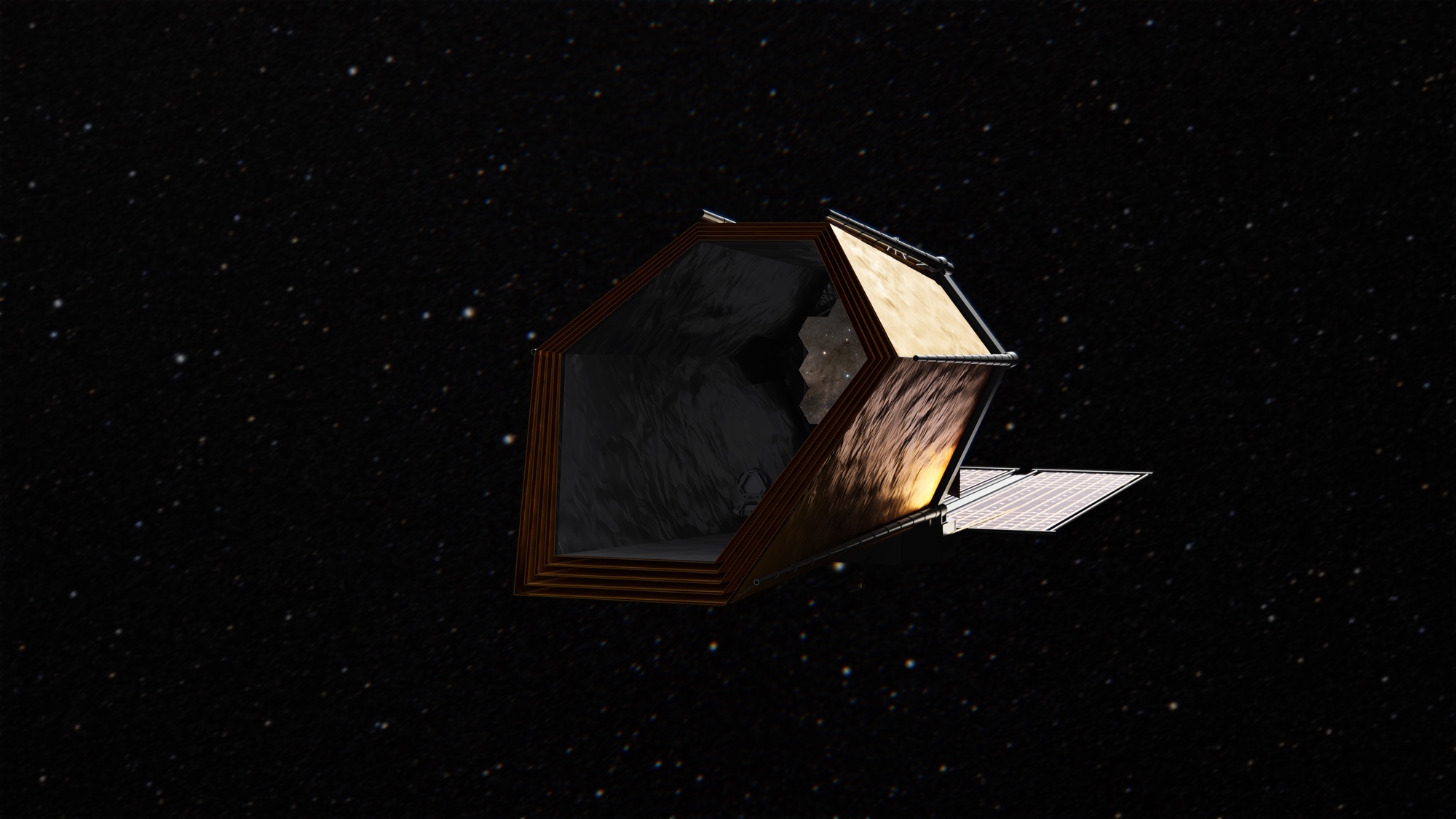WASHINGTON — Congressional language aimed at accelerating work on a future NASA space telescope has the side effect of forcing the agency to disband a team it created to guide the mission’s early development.
NASA created two committees last year to support early development of the Habitable Worlds Observatory, a large space telescope recommended by the 10-year Astro2020 survey and expected to launch no earlier than the early 2040s.
One of these, the Technical Assessment Group (TAG), includes NASA personnel working on designs and key technologies for the spacecraft. The other, the Science, Technology, Architecture Review Team (START), consists primarily of representatives from academia and industry to develop science objectives and instrument requirements for the mission.
The two groups began working last fall, but at a third joint meeting of the committees on June 3 in Baltimore, Mark Clampin, director of NASA’s astrophysics division, said their efforts were complicated by the Fiscal Year 2024 linguistic omnibus bill that was adopted in March. The report accompanying the bill directed NASA to spend at least $10 million this year on the Habitable Worlds Observatory and establish a project office for it at the Goddard Space Flight Center.
“This came as a surprise,” he said of the direction in which the office was to be established. “We had to think about how we can incorporate that into a plan that will help us move forward.”
While the provisions demonstrate strong congressional interest in the mission, he said they also have “disadvantages,” most notably reorganizing how NASA wanted to guide the observatory’s early development.
NASA created START with language requiring it to be dissolved when the project office is established, a provision intended to reduce conflicts of interest in future calls for contributions from industry and science teams. Clampin said this provision would be enforced even if the project office were established earlier than expected.
“After consultation with the head office legal team, we have come to the conclusion that we must dissolve START immediately,” he said. “We are obliged to do this because of all the legal concerns about future conflicts.”
That, he said, will not affect volunteer working groups involved in START to investigate scientific cases for the observatory. “We don’t want to lose all the work that the working groups do,” he said. These efforts will continue and will now report directly to the project office, although Clampin said industry representatives on these working groups should take a step back to mitigate conflict.
NASA is setting up the Habitable Worlds Observatory project office in Goddard, with the goal of having it in place by the end of the fiscal year in September. “It gets a lot of attention. We get a lot of “are we there yet?” calls from the Hill,” he said.
The early establishment of the project office will not impact the overall plan for the observatory, which includes an initial focus on maturing the technology required for it before its development formally begins. “Don’t think this is a big change in approach or strategy. It’s not that,” Clampin said.
That approach also includes financing work on these key technologies. NASA announced May 31 that it has awarded three contracts worth a combined $17.5 million to BAE Systems, Lockheed Martin and Northrop Grumman to work on concepts such as “ultra-stable” optics and a deployable baffle for the telescope.
Clampin added that the order to locate the observatory project office in Goddard does not mean that other NASA centers will be excluded from working on the mission. “This is the direction we have received from Congress and so we must follow it, but we expect this to remain a very broad, diverse and inclusive program going forward.”
